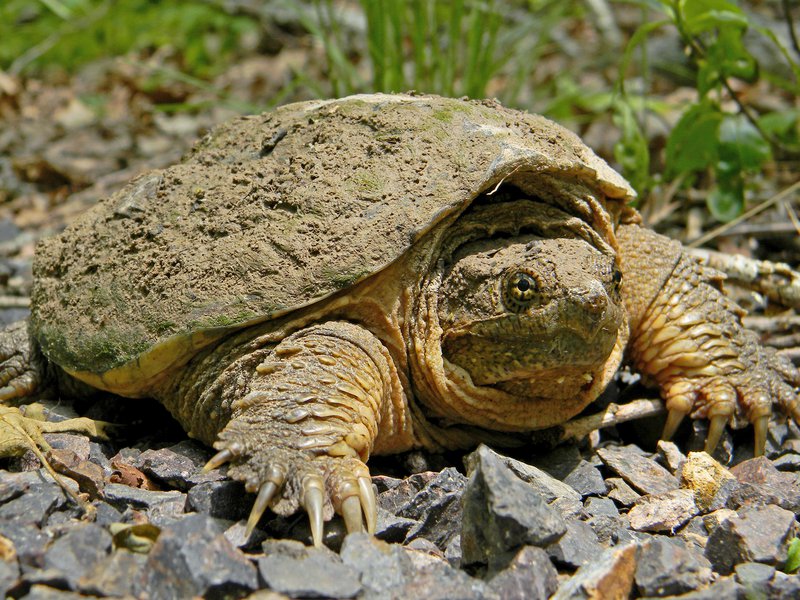For Immediate Release, May 5, 2021
|
Contact: |
Tamara Strobel, Center for Biological Diversity, (202) 731-4323, tstrobel@biologicaldiversity.org |
Delaware Urged to Ban Commercial Trapping of Wild Turtles
Unlimited Numbers of Snapping Turtles Can Currently Be Caught, Sold
DOVER, Del.— The Center for Biological Diversity and Delaware Riverkeeper Network petitioned the Delaware Department of Natural Resources and Environmental Control today to end commercial collection of the state’s common snapping turtles. Under current state law, turtle trappers can legally collect unlimited numbers of common snapping turtles to sell domestically or export for food and medicinal markets.
“The commercial harvest of turtles is always unsustainable and bad for our rivers,” said Tamara Strobel, a staff scientist at the Center. “It’s time for Delaware to step up and add its name to the growing list of states that have banned commercial turtle trapping, which threatens the very existence of our beloved turtles.”
Nearly 17,000 wild common snapping turtles were known to be trapped in Delaware between 1998 and 2019, according to reports submitted by holders of snapping turtle harvest permits. Reporting snapping turtle catch in Delaware is voluntary and almost certainly drastically underestimates the real numbers of collected turtles.
“Turtles are an important part of our waterways and they already face enough threats,” said Maya van Rossum, Delaware Riverkeeper. “Banning commercial trapping in Delaware would remove a huge threat and would be a step in the right direction for the survival of our turtle populations.”
Scientists have repeatedly documented that freshwater turtles can’t sustain any significant level of wild collection without population declines. In response to a multiyear study, neighboring Virginia sharply restricted commercial trapping of common snapping turtles in 2019. Based on similar research and petitions from the Center and other groups, many additional states have also imposed restrictions or completely banned commercial trapping of turtles.
Background
Millions of turtles classified as wild caught are exported from the United States every year to supply food and medicinal markets in Asia, where native turtle populations have already been depleted by soaring consumption. Because turtles accumulate toxins from prey and burrow in contaminated sediment, turtle meat is often laced with mercury, PCBs and pesticides, posing a health risk. Adult turtles are also taken from the wild for the international pet trade.
As part of a campaign to protect turtles in the United States, the Center has petitioned states that allow unrestricted commercial turtle collection to improve their regulations.
Last year South Carolina ended commercial trapping of its wild freshwater turtles. In 2017 New York halted all commercial terrapin turtle harvesting and Iowa adopted new regulations setting closed seasons and possession limits for commercial trappers. In 2012 Georgia approved state rules regulating the commercial collection of turtles, and Alabama completely banned commercial collection. And in 2009 Florida responded by banning almost all commercial collection of freshwater turtles from public and private waters.

The Center for Biological Diversity is a national, nonprofit conservation organization with more than 1.7 million members and online activists dedicated to the protection of endangered species and wild places.

